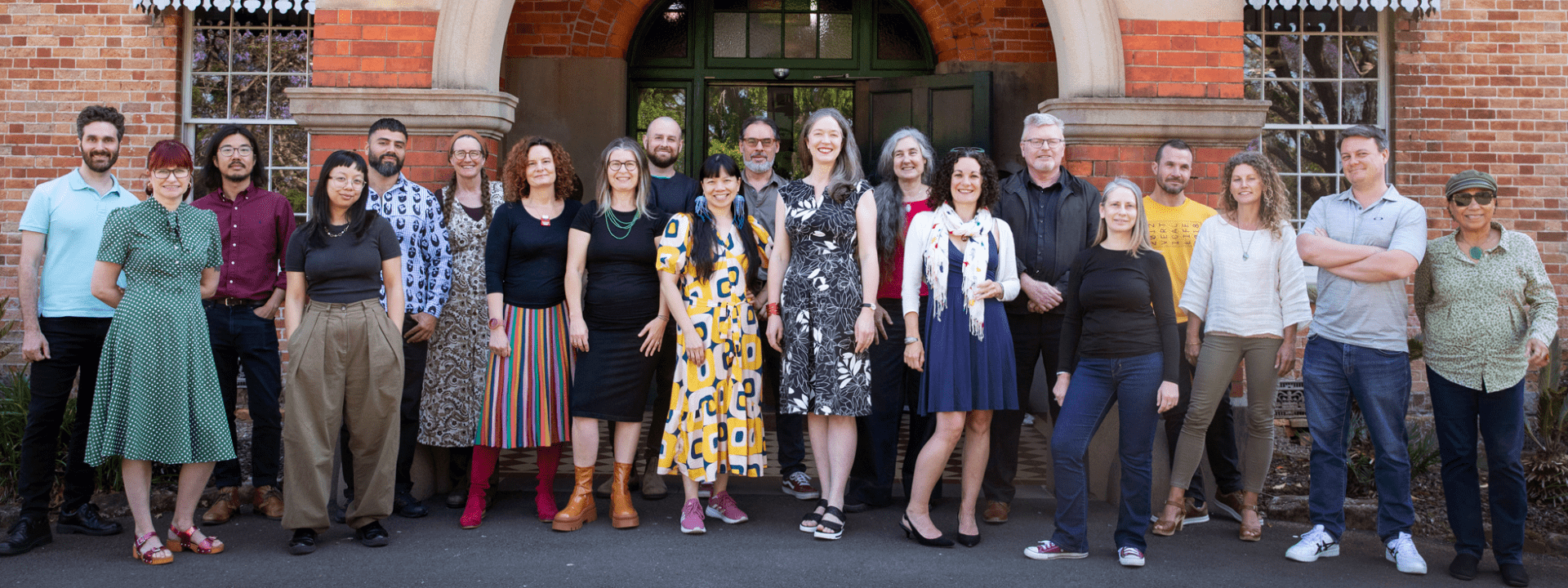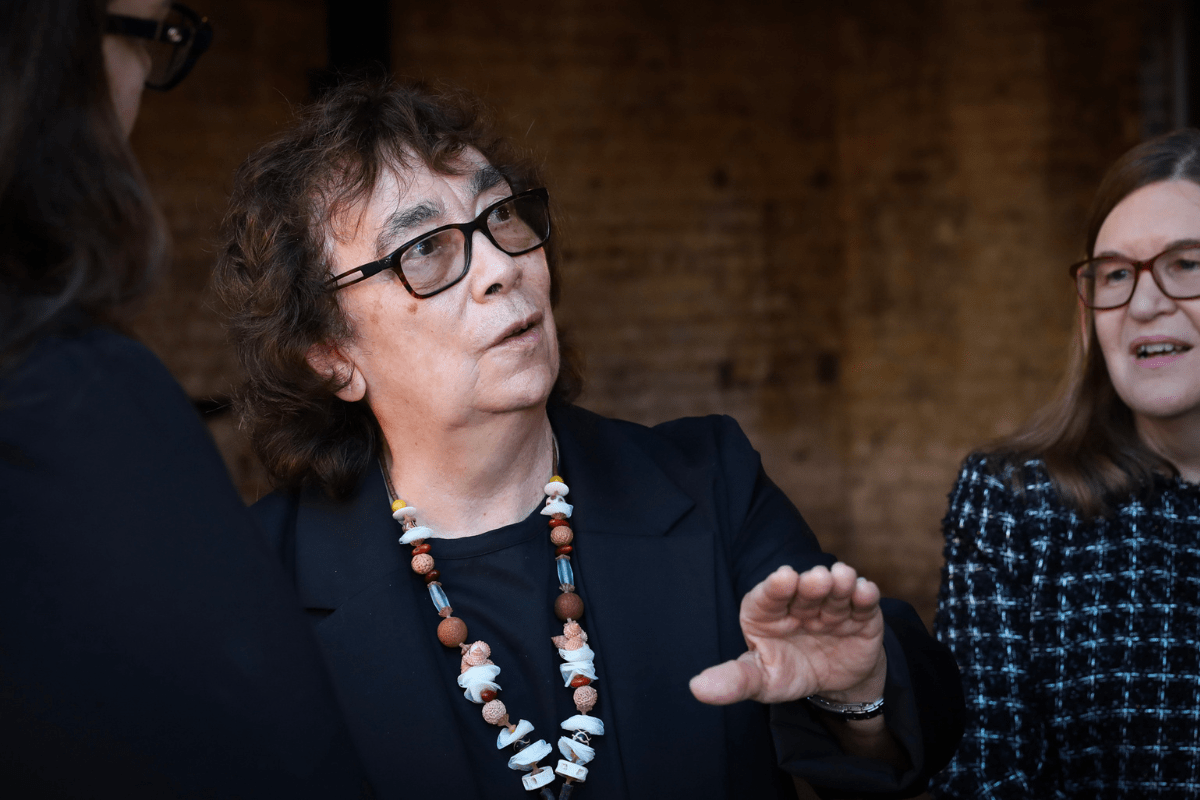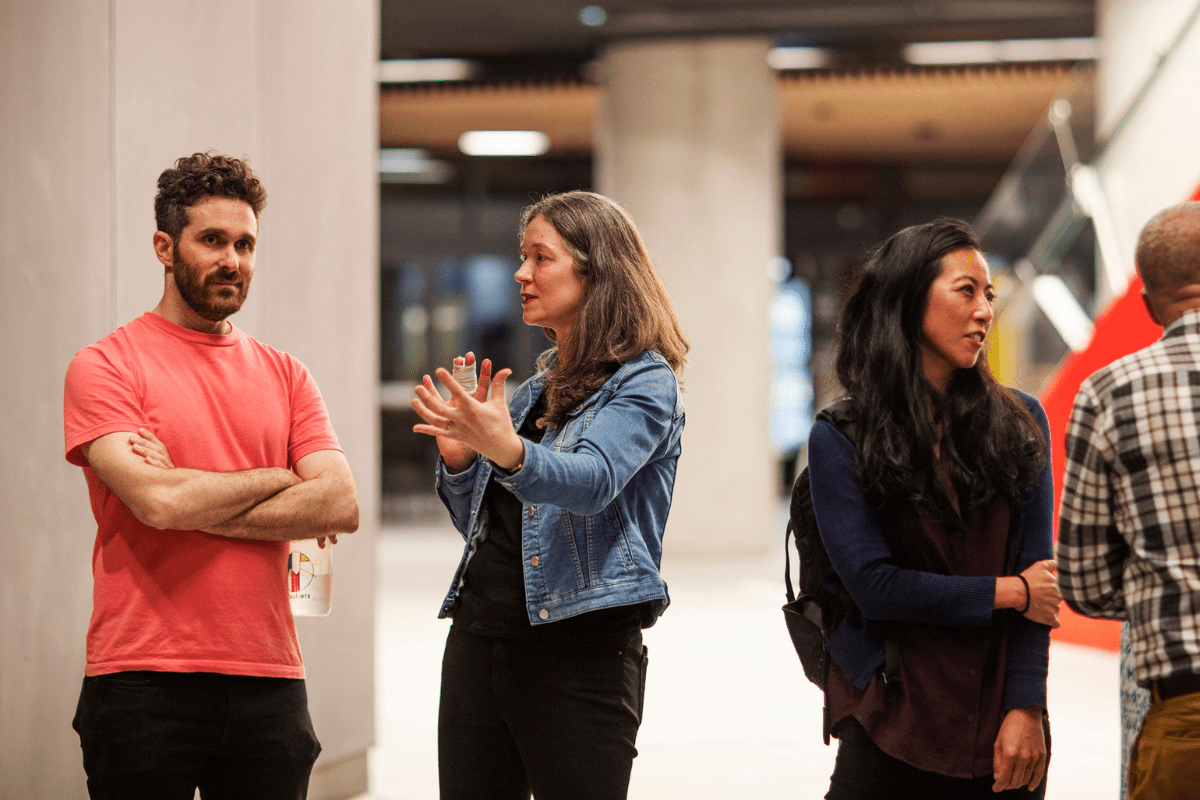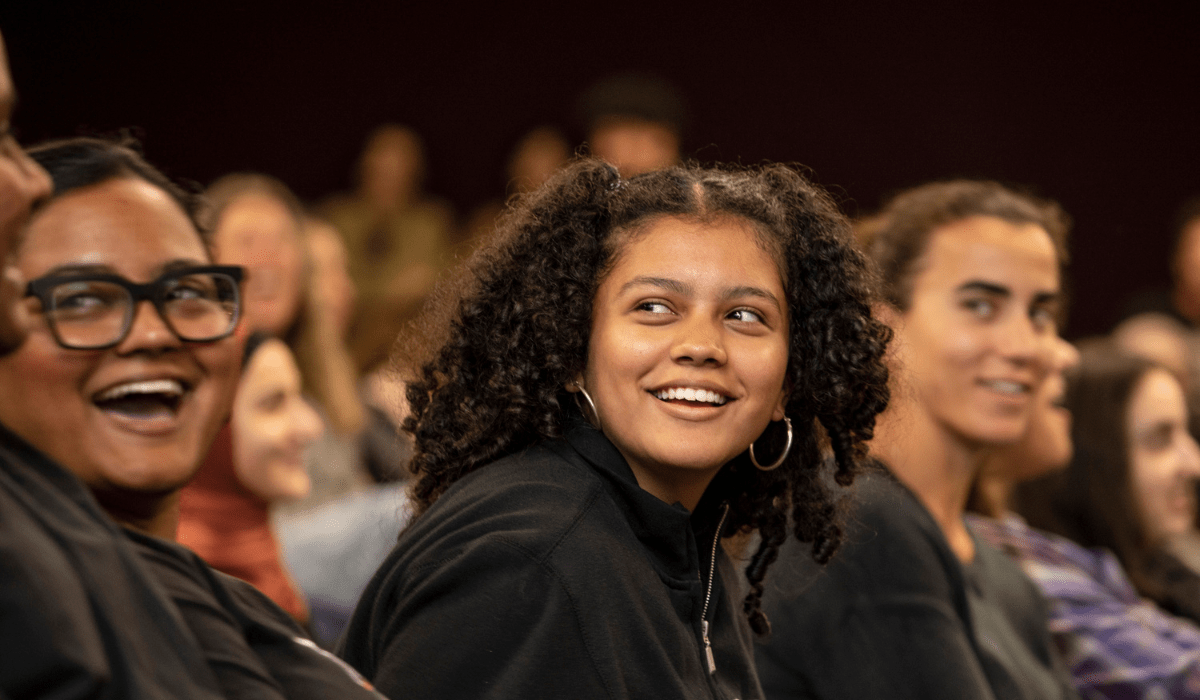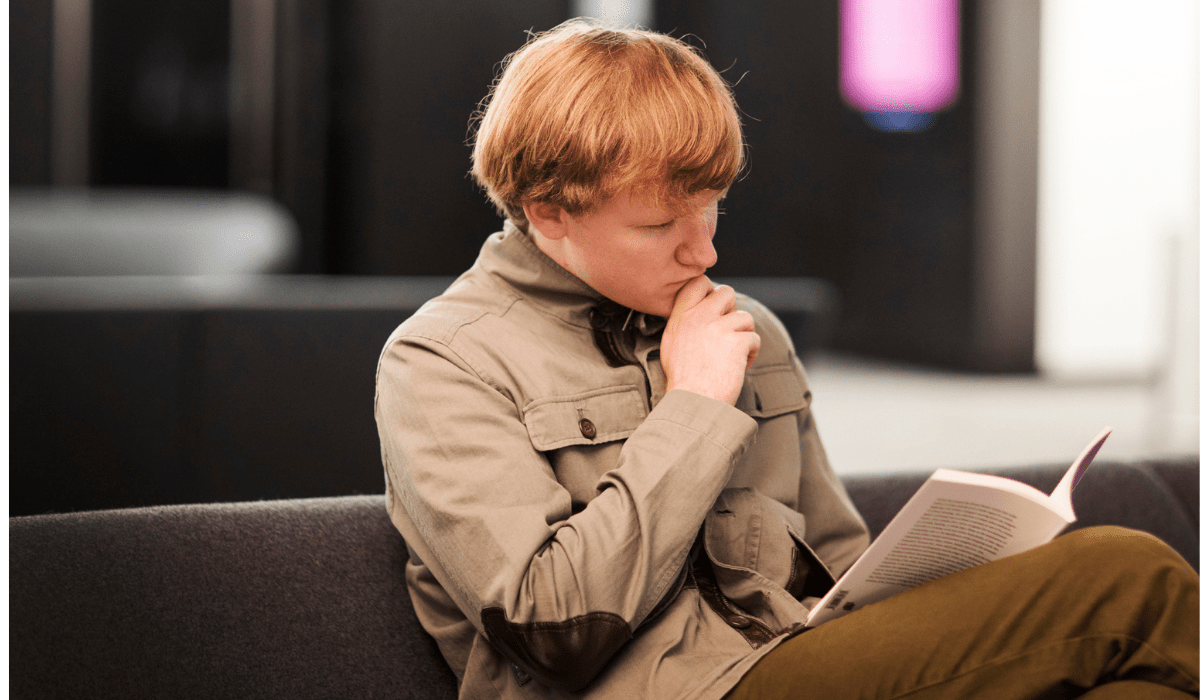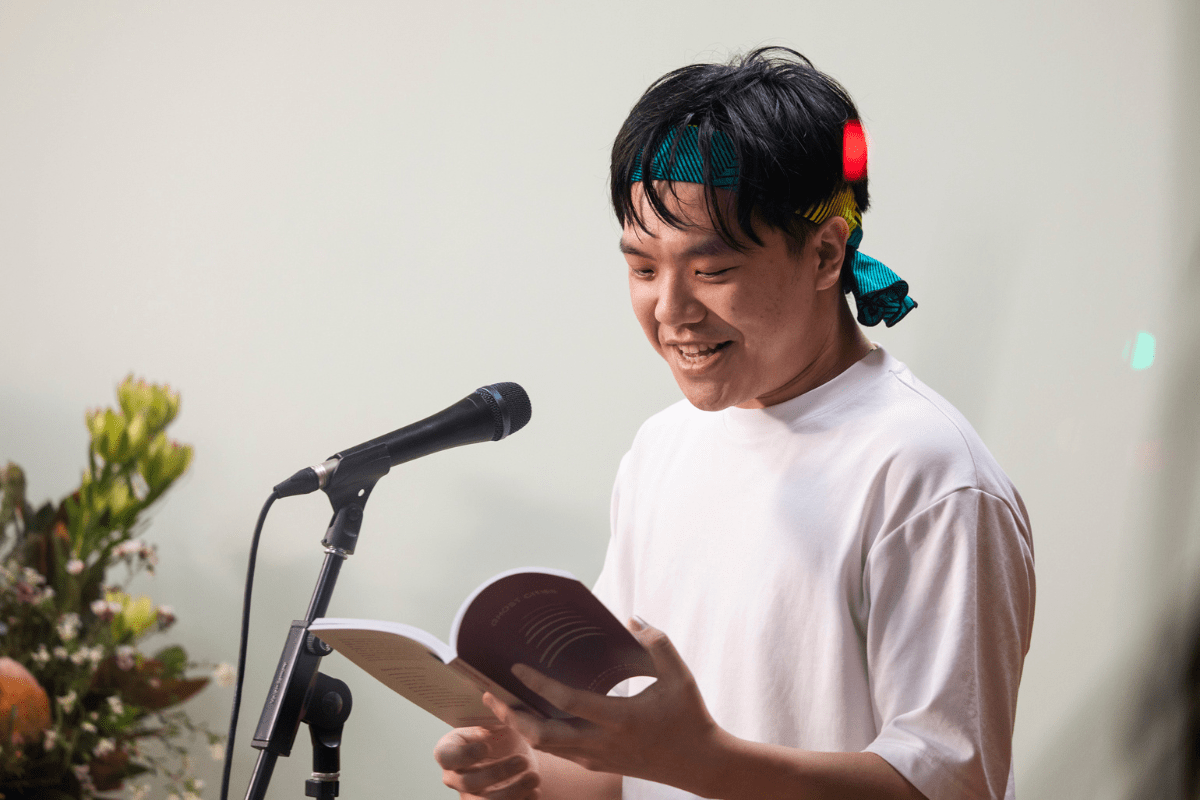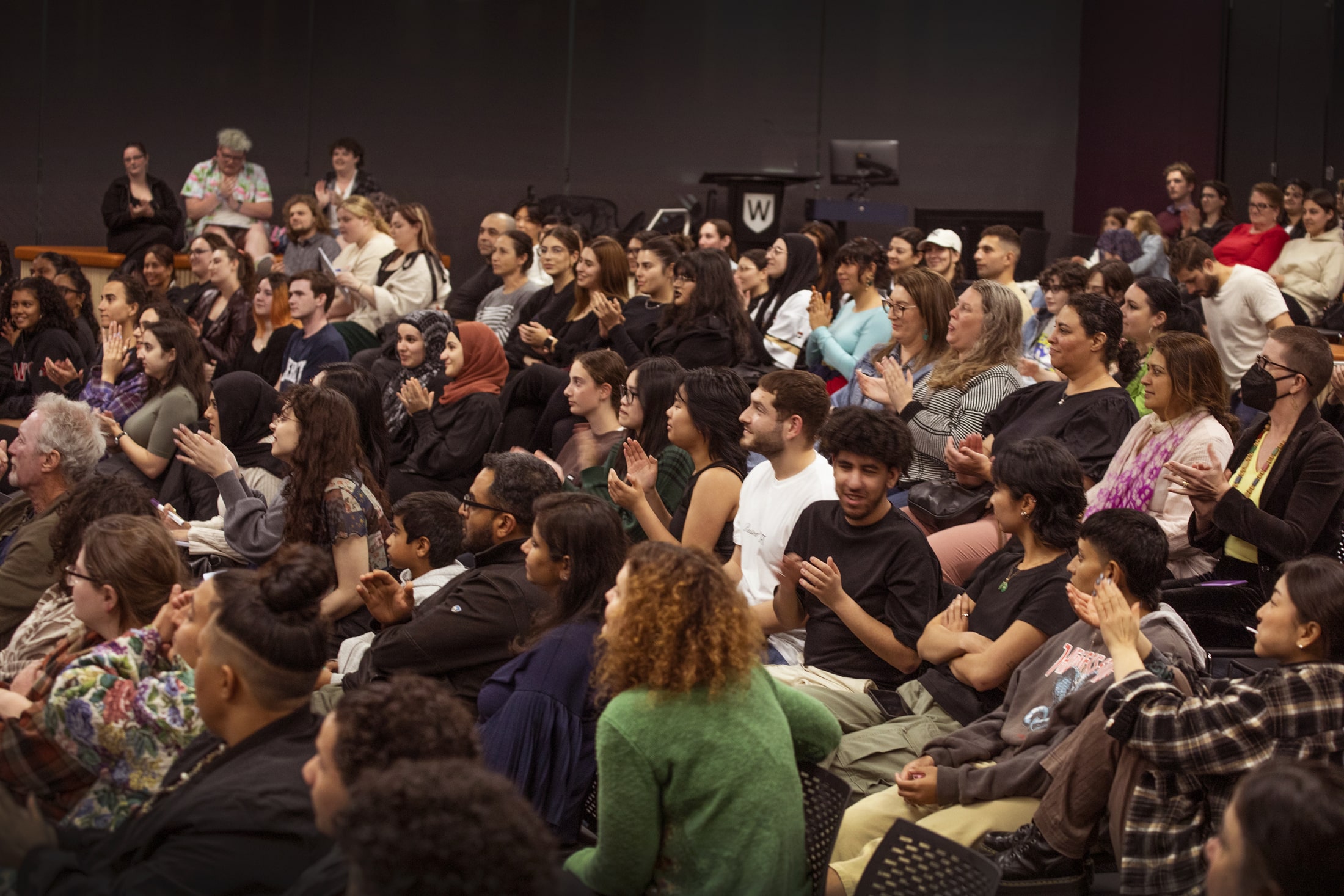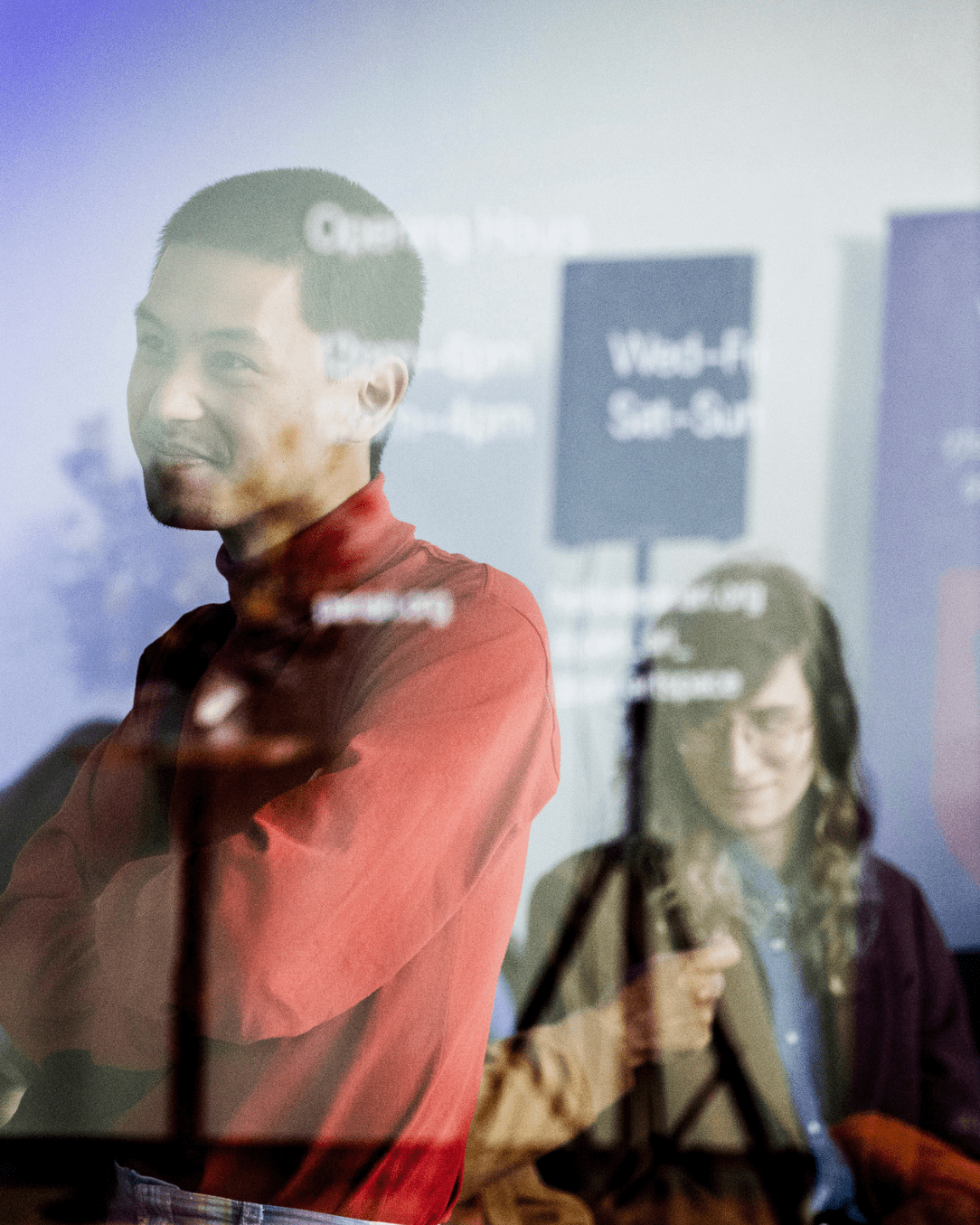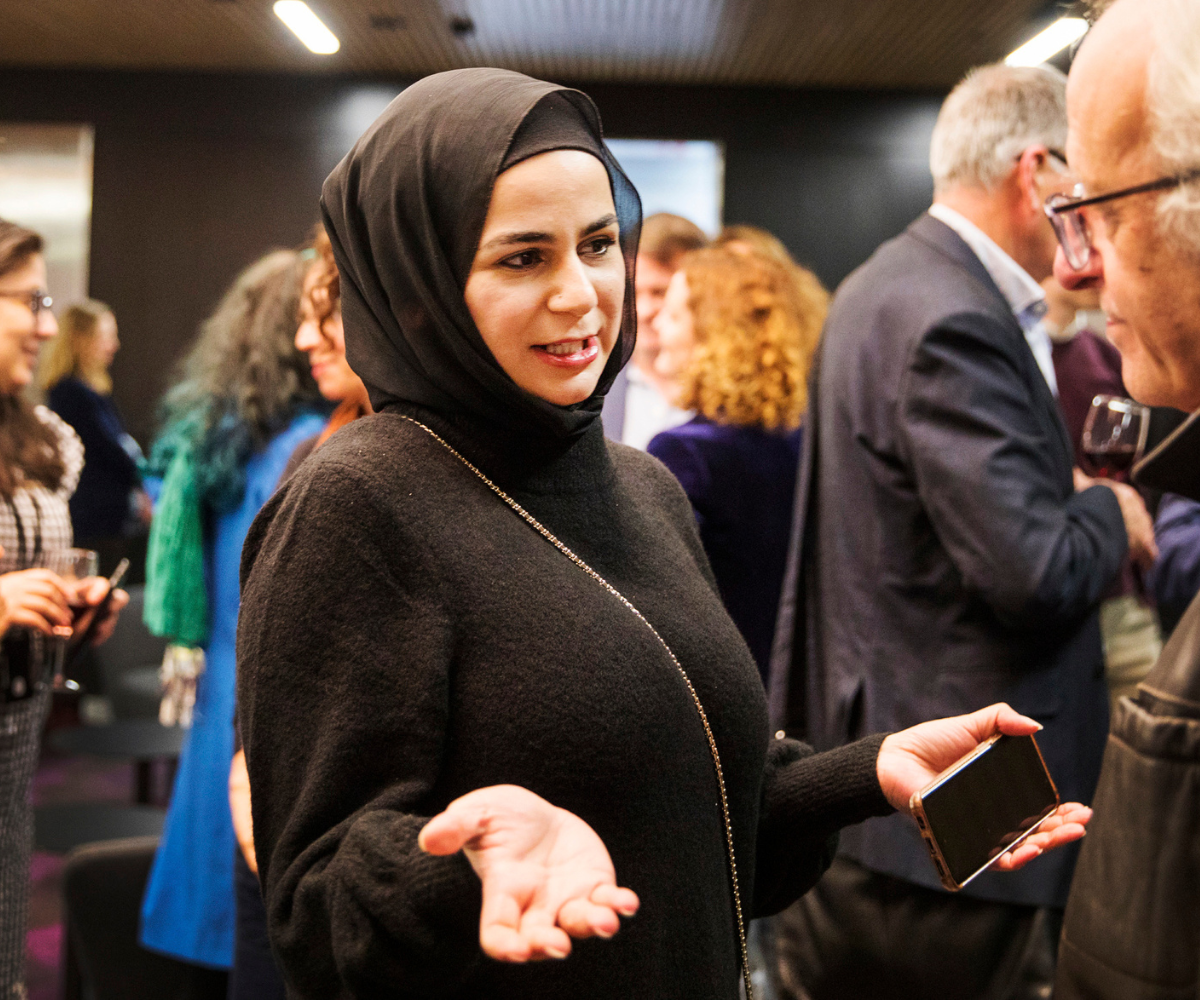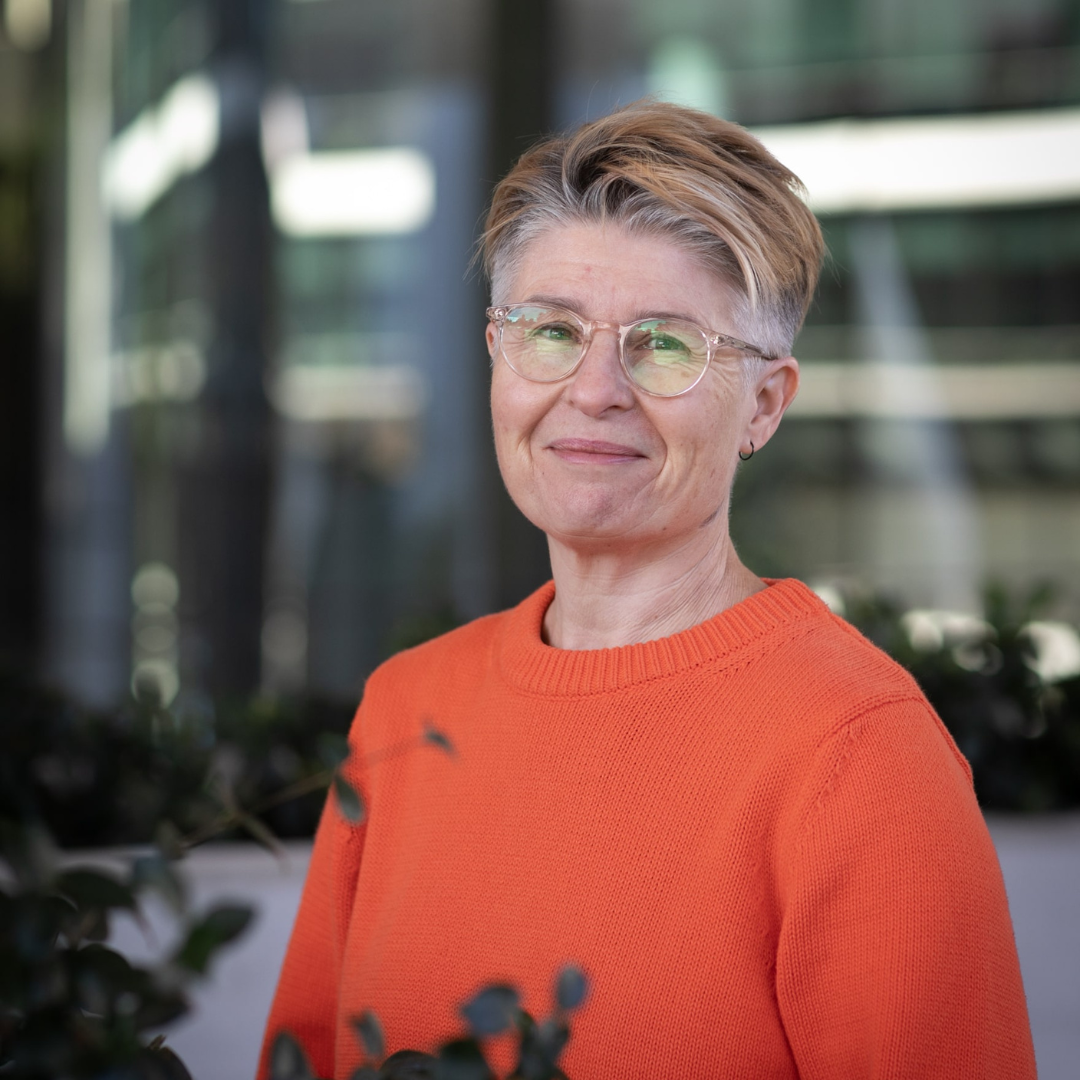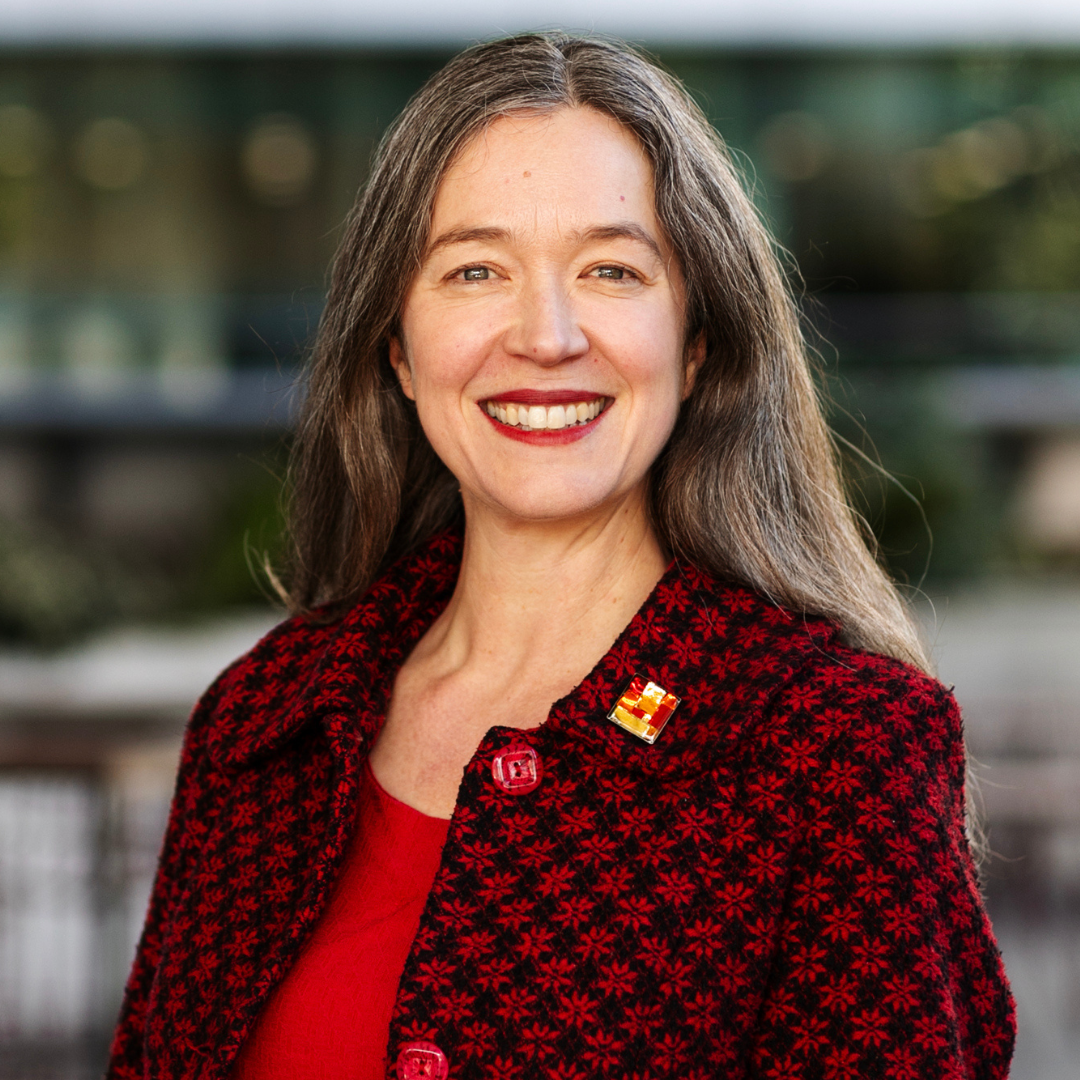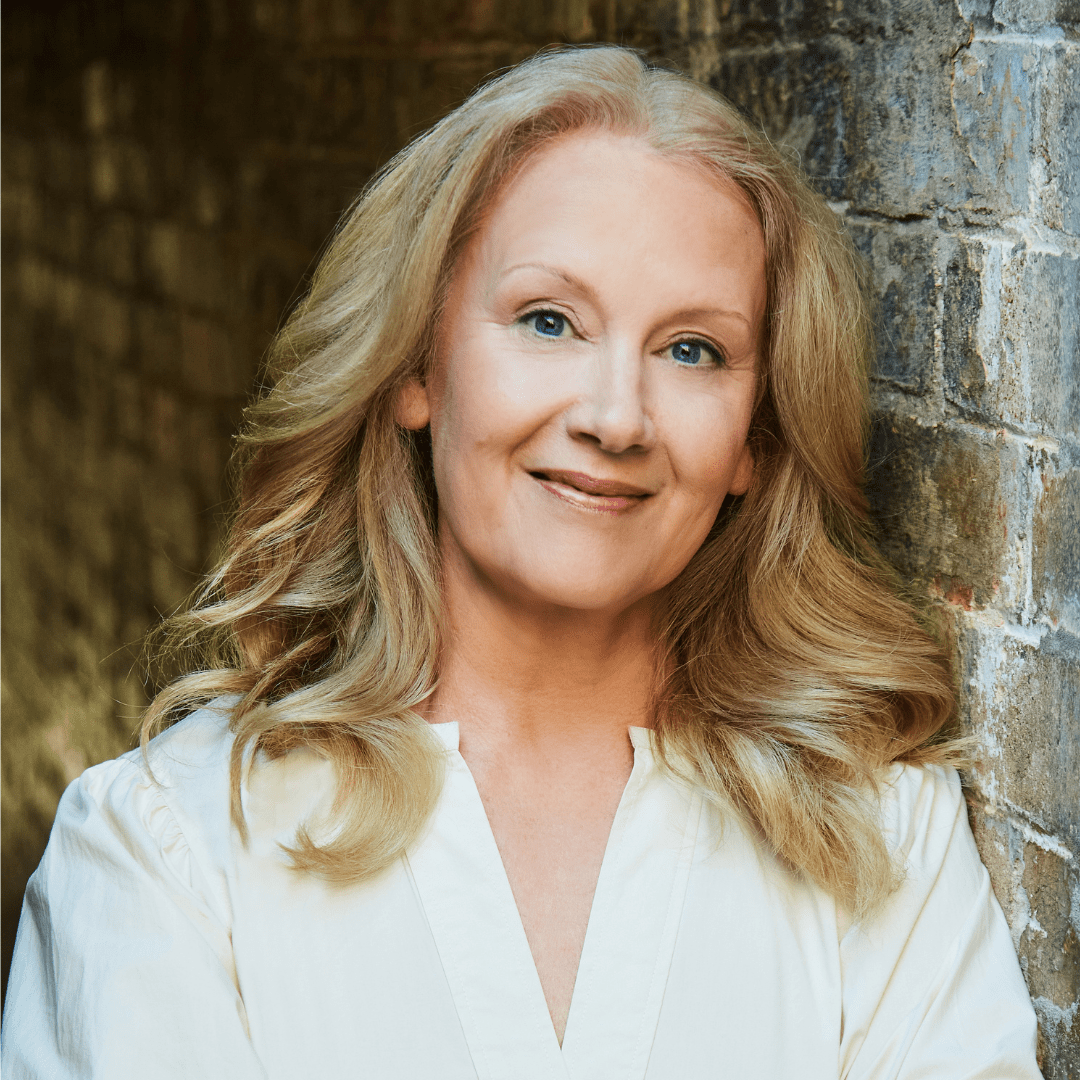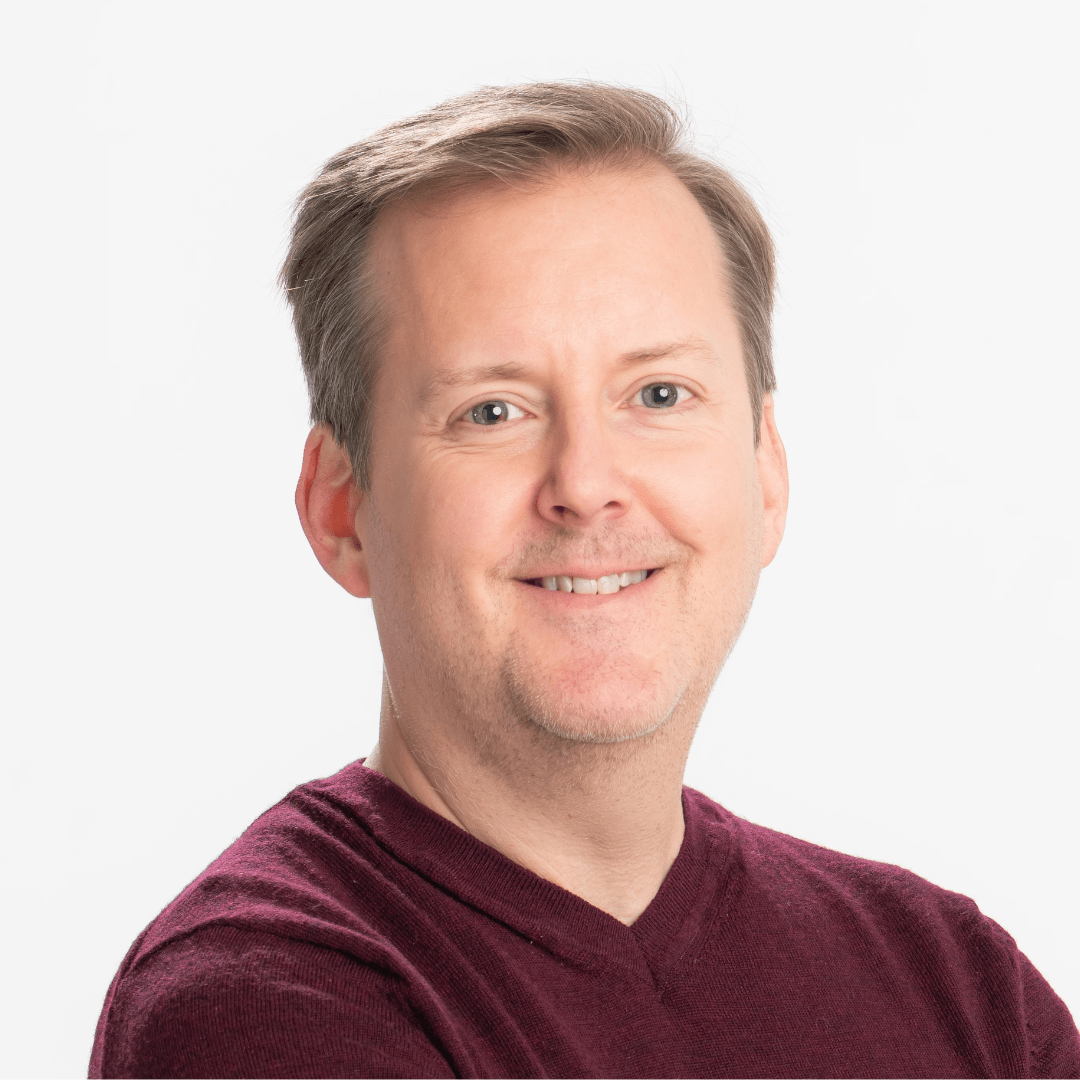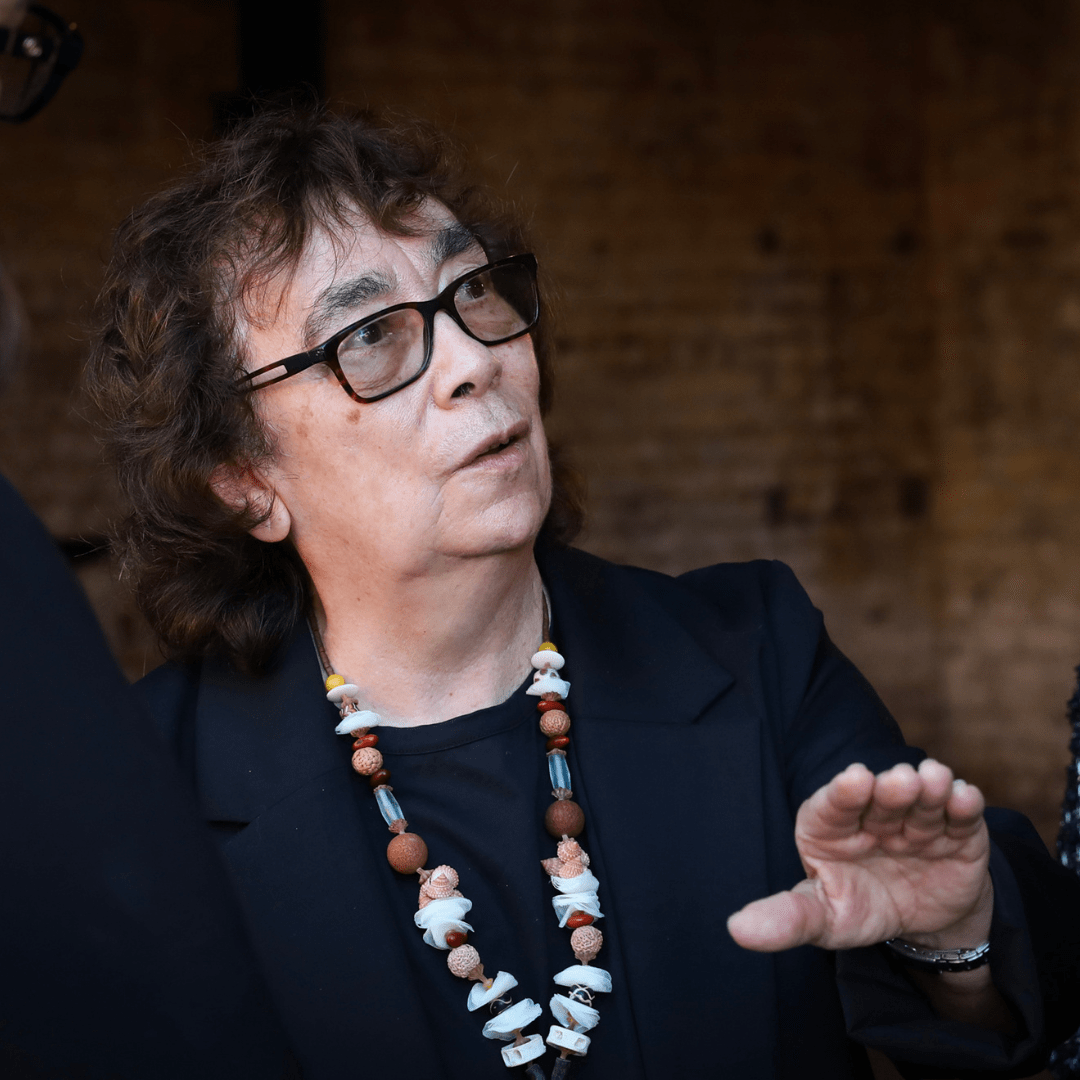Associate Professor James Gourley
Study with Australia’s most exciting creative writers and literary scholars
At Western Sydney, you’ll be taught by our exciting English and Creative Writing staff. They are passionate leaders in their fields who are highly engaged with the public life of literature and who contribute to significant conversations about its future and social impact. Helmed by Waanyi novelist and Distinguished Professor Alexis Wright, our specialists are a unique mix of scholars, novelists, poets, critics, essayists, publishers and translators.
Students who have studied our English and Creative Writing degrees are some of the most talked about writers and researchers in Australian literature today, including Rawah Arja, Vivian Pham, George Haddad, Jazz Money, Michael Mohammed Ahmad, Fiona Wright, Pip Smith, Luke Carman, Felicity Castagna, Gretchen Shirm and Michael Richardson. Whether you plan to teach, write, research, work in communications, or in other fields where language and storytelling skills are key, we want to help you to gain the knowledge, connections and inspiration you need.
Develop key skills and choose from a wide range of subjects
We offer undergraduate majors in English and Creative Writing, each with rich curricula. Students can also combine them to complete a double major. Western is unique in bringing together practising writers and literary scholars and critics to give our students an understanding of all facets of the life of writing. Our classes are active and engaged and you won't only be in the classroom: we have a strong emphasis on engaging with community and audiences in Western Sydney and beyond.
Our core English subjects ensure that you have the key skills needed to read, critically interpret, and contextualise literary works. You can then shape your own specialisation by selecting from our electives that cover a wide range of literary genres, histories and cultures. You can study poetry-slamming alongside Indigenous, Irish, and Carribean storytelling. You can learn what literature and writing teach us about being better custodians of the environment. You can learn about how writing interacts with new technologies, ideas of gender, race, decolonisation, film and screen media, and animals. And you can learn how the classics have shaped some of the most innovative writing today.
In our Creative Writing Major, you can fire up your creative and imaginative skills with our creative writing subjects in fiction, poetry, non-fiction and genre writing, including Science Fiction and Fantasy. Our staff write novels, young adult fiction (YA), poetry, creative non-fiction, screenplays, short fiction, works for performance, and installation, and their work is read around the world. We are actively engaged in the publishing industry and bring our real-world experience into the classroom. This includes a range of experts and practitioners visiting our classrooms to provide industry insight and networking opportunities.
For full details on the course structure and subjects, see the Academic Handbook for English and Creative Writing.
Study in your community
We make sure that you can study close to your community and fit in your studies with other commitments. Our English Major is offered at our Bankstown City, Parramatta South and Penrith campuses, and Creative Writing Major at Parramatta South and Bankstown City, all of which are located close to public transport. Many subjects are offered in an online mode. Contact the English or Creative Writing convenor for further details about options for flexibility.
Forge professional networks and build community relationships
English and Creative Writing at Western are distinguished by our breadth of relationships with cultural organisations and local communities. Our partners include: Powerhouse Museum Parramatta, ABC, SBS, the Stella Prize, The Blue Mountains Writers Festival, Varuna National Writers’ House, Utp (Urban Theatre Projects), the State Library of NSW, the Bankstown Poetry Slam, Parramatta Artists’ Studios, the Sydney Writers’ Festival, WestWords, UTS Impact Studios, and the Whitlam Institute. We recently initiated the Parramatta Laureate in Literature and run a regular series of free talks and workshops which feature many of Australia’s best thinkers, writers and creatives.
We are also home to some of Australia’s most renowned publishers and magazines. These include Giramondo, whose authors have received Australia’s most prestigious literary prizes, including the Miles Franklin, the Stella Prize and the Prime Minister’s Literary Award. We are also home to the Sydney Review of Books, Australia’s ground-breaking magazine of literary criticism, and the literary magazine Heat. Our staff direct or participate in a number of writing mentoring programs for local writers, including the Finishing School Collective, HATCH and The Writing Zone.
Internationally recognised excellence in postgraduate studies
Western offers unrivalled pathways to postgraduate research and careers in writing and literature through our Writing and Society Research Centre. Taught by nationally prominent writers and critics, the Master of Arts in Literary Studies and Creative Writing prepares students for professional life in writing and the study of literature. Students take core subjects on creative research methods and writing practice, which are complemented by a range of electives including Writers at Work, Reading and Writing Australia, Writing and Genre and Creative Non-Fiction. Classes are in the evenings at our Parramatta City campus right next to Parramatta train station, allowing you to study alongside work commitments.
The MA in Literary Studies and Creative Writing provides a pathway to joining one of Australia’s largest cohort of students studying for the Doctor of Creative Arts (DCA) or a PhD in literary studies. You will benefit from the Writing and Society Research Centre’s wealth of talent and professional networks to set you up for a life of writing and deep research. WSRC is home to two powerhouses of Australian independent literary publishing, the Sydney Review of Books and Giramondo.
Key Contacts
English and Creative Writing Team
Associate Professor Charles Barbour
English
Charles Barbour’s work explores the literary aspects of philosophical and political writings and the philosophical and political aspects of literature. He has particular interests in philosophies of technology and political theory and the history of ideas. He is one of the co-designers of the subject Thinking Critically about Texts and Society and he regularly teaches Literature and Philosophy. He has a lot of experience supervising and mentoring Masters and PhD students in these areas, and writes regularly for popular media on questions of technology and society. Further details can be found on his research profile.
Dr Luke Carman
Creative Writing
Dr Luke Carman is a novelist and essayist whose debut collection, An Elegant Young Man, put Western Sydney on the literary map. It was followed by the critically acclaimed short story and essay collections Intimate Antipathies, An Ordinary Ecstasy, and A Glovebox of One’s Own. For nearly twenty years, Luke has supported young, emerging and apprentice writers at Western Sydney University and remains committed to helping others bring their passion for poetry and prose to the page. Under his tutelage students can develop their love for writing creatively toward a publishable practice while they learn to work in an array of experimental forms, engage in complex cultural criticism, and embrace writing from the self with an emphasis on the plenipotential poetics of place. Have a read of his website for more.
Dr Felicity Castagna
Creative Writing
Felicity Castagna is a novelist, playwright and place-based writer whose latest book Girls In Boys’ Cars is currently being adapted into a major film for international audiences. She has collaborated with artists in many different forms to produce work for The Sydney Festival and The Sydney Opera House, among other places. Her novels for young adults and adults have been published internationally and have received several major awards. She is passionate about building relationships between the university and industry that give her students practical experience and insight into publishing as well as teaching collaborative practice and literary fiction. Check out her website for more.
Dr Chris Conti
English and Creative Writing
Chris Conti is Senior Lecturer of literary studies. He suffers from an incurable fascination with the madness of Don Quixote and its imprint on the history and theory of the novel. His itinerant research in the twentieth-century novel explores the intersections between modernism, critical theory, theology and philosophical anthropology. In a lapse of judgement, he wrote over a hundred fictional microbiographies and published them under the dubious title Proofs (Puncher & Wattmann, 2012), and has recently written on literary value in Australian Literary Studies. He is keen to share with students his experience of why literature matters on the undergraduate course The Value of Literature or postgraduate projects on the novel; he also teaches on the intersections of literature and law.
Dr Tegan Bennett Daylight
Creative Writing
Tegan Bennett Daylight is a novelist, short story writer and essayist, and has worked for nearly thirty years as a literary critic, teacher and mentor. Her short story collection Six Bedrooms was shortlisted for the Stella Prize; her book on reading and writing, The Details: on Love, Death and Reading for the Prime Minister's Literary Award and her latest book Royals, a YA fiction about six teenagers trapped in a shopping mall, was shortlisted for the NSW Premier's Award. The sequel to Royals, How to Survive 1985, will be published by Simon & Schuster in May 2025. Her current projects include The Frank Moorhouse Reading Room, a joint project with the Sydney Review of Books, the Whitlam Institute, and writers/editors Dr James Jiang and Dr Eda Gunaydin. Tegan brings a wealth of knowledge about the publishing industry to her classroom and supervises many students who are interested in writing that straddles the line between fiction and non-fiction. See her website for more details.
Dr Di Dickenson
English
Di Dickenson teaches in the English and Childhood Studies majors, with particular focus on children’s literature. Her work explores how children and young people are represented and positioned by the cultural objects produced for them and how they engage with these objects in their everyday lives. Her popular subject Children’s Literature: Image and Text looks at the interrelationships between image and text in picturebooks, illustrated books and graphic novels. As part of the subject, students have the opportunity to create their own picturebooks. Her Children’s and Young Adult Fiction explores a wide range of fictional texts created for children, teenagers and young adults.
Associate Professor Ben Etherington
English
Ben Etherington is a literary critic, scholar and podcaster. His interests range across postcolonial literary studies and world literature, and he has a particular fascination for poetry and poetics in the Caribbean and Australia. He also makes radio and podcasts, having produced documentaries with ABC Radio National and UTS Impact Studios on Indigenous storytelling and Caribbean culture. Ben teaches subjects on literature and decolonisation, postcolonial literatures and the public life of literature. These explore how literature and politics intersect and diverge, and how literature resists forms of market-determined value. He would love to hear from students interested in poetry and fiction from across the decolonising world, narrative podcasts, literary criticism, and literature in public life. For more see Ben’s research profile.
Associate Professor Kate Fagan
English and Creative Writing
Kate Fagan is a poet, songwriter and scholar in contemporary poetry and poetics, with particular interest in environmental and postcolonial literatures, First Nations poetries and writing by women. She teaches creative writing, especially through the workshop subject Writing Poetry; and literary studies, especially through the core subject Approaches to Text. She has supervised over 20 Doctoral and Masters theses in writing, literature and music. Kate has been Director of the Writing and Society Research Centre since 2020, where she oversees the MA in Literature and Creative Writing. She is passionate about community engagement and has initiated several research and writing partnerships including the Parramatta Laureate in Literature, Writing Gender and The Writing Zone, a mentoring program for emerging writers and arts-workers from Western Sydney.
Associate Professor James Gourley
English
James Gourley teaches, researches and supervises in literary studies and environmental humanities and is a graduate of Western Sydney University. In the face of the proliferation of crises in our time, he is committed to showing how literature and stories are themselves sophisticated technologies that remind us of where we come from and how to imagine better futures, and which are culturally significant for our identities. He is an award-winning teacher who prioritises partnership with students. His subjects foster learning encounters that respond to students’ lived experience. These include Thinking Critically About Texts and Society, Approaches to Text, Literature and Environment, and 20th Century American Literature. If you’re in one of these classes, you’ll find him talking about how literature and stories change people and can change the world. For further see James’s profile.
Dr George Haddad
Creative Writing
George Haddad was recently named a Sydney Morning Herald Young Novelist of the Year for his much-discussed novel Losing Face. George’s text, sound, performance and installation-based art have been exhibited at Firstdraft, Casula Powerhouse Arts Centre, ReadingRoom and Metro Arts. His creative work explores masculinities, queerness, the Arab diaspora and the limitations of language in communicating truths. He has developed subjects that encourage students to rethink and decolonise Australian literature, as well as helping students to write complex narratives that defy orthodoxies. You can find out more about George from his website.
Dr Mette Jakobsen
Creative Writing
Mette Jakobsen’s novels have been translated into several languages and recommended by Oprah’s Book Club. Her hugely successful novel The Vanishing Act was shortlisted for the Commonwealth Book Prize and she has recently published a dystopian series for Young Adults. She is a graduate of NIDA’s Playwright Studio and has authored multiple radio plays for the ABC. Mette is a genre writing specialist and runs our much-loved courses in writing science fiction and fantasy.
Associate Professor Anne Jamison
English
Anne Jamison is a feminist literary critic who works in the fields of nineteenth-century Irish women’s writing and literary cultures. She is interested in how Irish writing engages with gender, race and sexuality within the contexts of colonisation and empire. She is also passionate about working in women’s archives and has curated both physical and digital exhibitions for National Museums Northern Ireland and the State Library of NSW. Anne leads teaching on Irish literature and historical women’s writing from Britain, Ireland and America, and loves to invite students to think about how this writing is relevant to their contemporary lives. She also enjoys introducing students to literature closer to home, engaging them in conversation over First Nations and Western Sydney poetry, novels and plays. For further details, see Anne’s research profile.
Dr Helen Koukoutsis
English and Creative Writing
Helen Koukoutsis is a poet and women’s writing scholar, with a particular interest in Emily Dickinson’s poetry and her cultural milieu. Her debut collection of poems, Cicada Chimes, has received critical attention for making a bridge between multiculturalism and world literature. She teaches subjects on literary studies, women’s writing and creative fiction. She manages Hatch, an anthology for undergraduate writers at Western Sydney, and runs regular writing group sessions each semester for students who are serious about developing their creative craft beyond the classroom environment. Students in their second or third year of study are welcome to express interest in joining the group. For more on Helen, see her research profile.
Dr Norma Lam-Saw
English
Norma Lam-Saw is a lecturer whose interests lie in the intersections of literature and political philosophy, with a focus on ideas of passivity and passive resistance, and in the interdisciplinary relationships between language, technology and agency. Norma thinks of her teaching as the collaborative fostering and sharing of interests that spark from our encounters with words and ideas. She has received an HCA Acknowledgement of Teaching Excellence for supporting students through assessment, for her empathy and care, and for excellent subject coordination. You can find Norma teaching Thinking Critically About Texts and Society and AI and Society. She also supervises Masters and PhD candidates.
Associate Professor Christopher Peterson
English
Christopher Peterson is an internationally recognized expert on 19th and 20th century American literature; race, gender, and sexuality studies; kinship studies; and critical understandings of the human/animal relationship (posthumanism). He is also well-versed in literary theory and continental philosophy (especially Derrida and deconstruction). He’s published three books—Bestial Traces: Race, Sexuality, Animality; Kindred Specters: Death, Mourning, and American Affinity; and Monkey Trouble: The Scandal of Posthumanism—as well as numerous well-regarded articles on literature and film. Chris brings these interests and commitments to his undergraduate teaching, which includes the subjects 19th Century American Literature, Race in Literature and Literary Animals. Chris is keen to supervise Masters and PhD students in any of his fields of interest broadly speaking.
Associate Professor Lorraine Sim
English
Lorraine Sim researches, teaches and supervises projects in twentieth-century literature and art, modernity and everyday life, and feminist literary studies. Her interests and expertise focus particularly on modernism—that is, experimental literature and art of the early twentieth century and its manifold legacies. An interdisciplinary scholar, Lorraine’s teaching and research spans literature, the visual arts, cultural history and philosophy/theory, and in undergraduate subjects like Modernism and Representing Everyday Life she loves to guide students through the exciting process of exploring ideas like modernity, the everyday and happiness through an interdisciplinary lens. Lorraine is passionate about developing students’ capacities as independent scholars and writers and has extensive experience in supervising MRes, PhD, and DCA students across a diverse range of topics. You can read more about her research here.
Dr Jason Tuckwell
English
Jason Tuckwell is an interdisciplinary lecturer who researches and teaches aesthetics, literature and theory, with special interests in creativity, technology and nature. You’ll likely find Jason teaching Approaches to Text, The Novel, and Literature and Technology. Jason was raised and educated in Western Sydney, and completed his undergraduate and postgraduate qualifications at WSU. He received an HCA Acknowledgement of Teaching Excellence for expertly steering students through difficult new material and assessment structure and for his empathy and care for each student. He is fascinated by how creative practices shape the future, particularly at the intersection between technology and the environment, and facilitating practical ways for students to engage in this space.
Distinguished Professor Anthony Uhlmann
English and Creative Writing
Anthony Uhlmann is one of Australia’s foremost literary academics who has strong expertise in modern and contemporary literature in English, particularly in relation to the novel and drama. His most recent book is J. M. Coetzee, Truth, Meaning, Fiction and he is also the author of Thinking in Literature: Joyce, Woolf, Nabokov and two books on Samuel Beckett with Cambridge University Press. He studied medieval and early modern literature as a postgraduate and has developed this expertise in relation to the world literature of these periods. His research focus is literature and philosophy and he supervises PhD topics in the areas of English literature and literature and philosophy. He is also a novelist, edits a literary journal and has supervised many students pursuing a Doctor of Creative Arts. See Anthony’s research profile for more.
Research Staff
Distinguished Professor Alexis Wright
Professor Alexis Wright is a member of the Waanyi nation of the southern highlands of the Gulf of Carpentaria. The author of the prize-winning novels Praiseworthy, Carpentaria and The Swan Book, Wright has also published three works of non-fiction: Take Power, an oral history of the Central Land Council; Grog War, a study of alcohol abuse in the Northern Territory; and Tracker, an award-winning collective memoir of Aboriginal leader, Tracker Tilmouth. Her books have been published widely overseas, including in China, the US, the UK, Italy, France and Poland. She held the position of Boisbouvier Chair in Australian Literature at the University of Melbourne from 2017-2022. Wright is the only author to win both the Miles Franklin Award (in 2007 for Carpentaria) and the Stella Prize (in 2018 for Tracker). Praiseworthy, was published by Giramondo Publishing in May 2023 and has won and been shortlisted for several prizes including the Dublin Literary Award.
Dr James Jiang
Dr James Jiang is the editor of the Sydney Review of Books as well a writer and academic who lives on Bidjigal country and works on the lands of the Dharug people. Prior to joining the SRB, he was Assistant Editor at Griffith Review and Australian Book Review. He received his PhD in modernist literature from the University of Cambridge and taught in the English and Theatre Studies program at the University of Melbourne for a number of years. His essays and reviews have appeared in a variety of scholarly and generalist publications in Australia and abroad.
Sienna Brown
Sienna Brown is a novelist and filmmaker who holds an ARC Fellowship and writes historical fiction novels, centring on the Caribbean Experience in Australia. Her debut novel Master of My Fate, published in 2019 by Penguin Random House, won the MUD Literary Prize at Adelaide Writers Week for the best debut novel by an Australian writer and was shortlisted for the ARA Historical Novel Prize, in 2020. In 2021, she was commissioned by ABC Radio National, the History Listen Series to create Caribbean Convicts in Australia, a podcast based on her research for Master. In 2022, she was appointed as Research Associate at Western Sydney University. Her position is being funded by a three-year Australia Research Council (ARC) Discovery Project Grant and is administered through the Writing & Society Research Centre.

